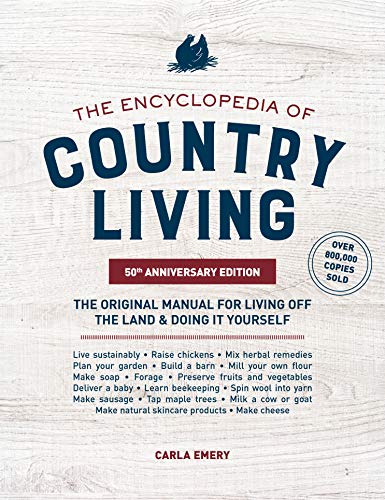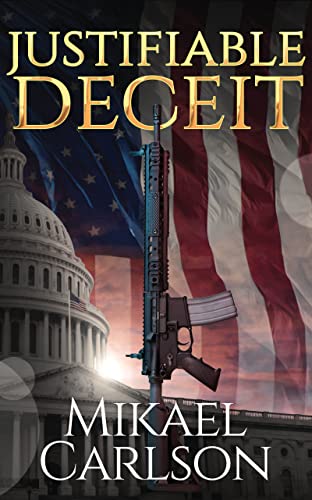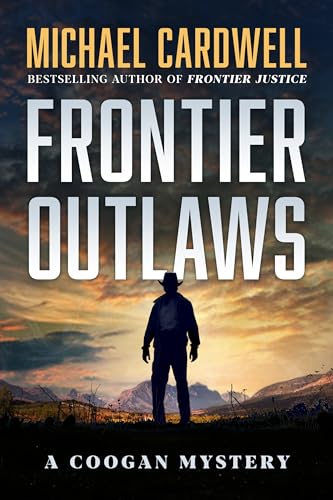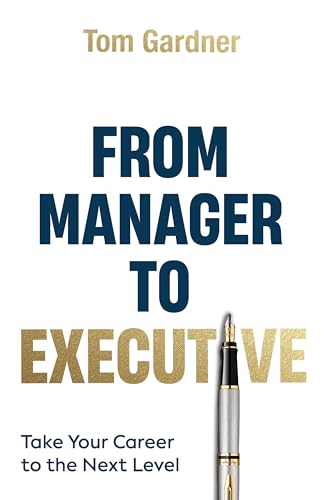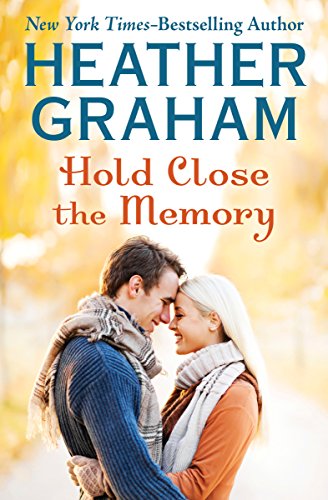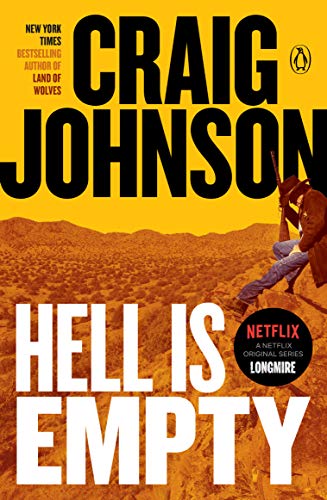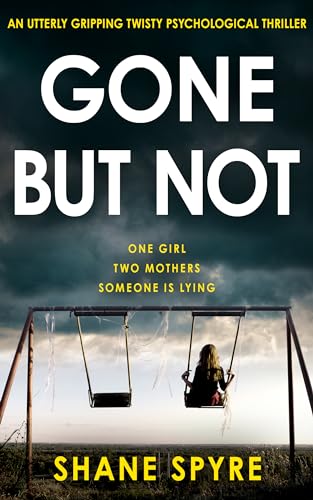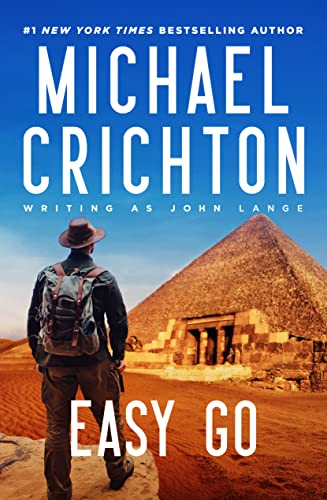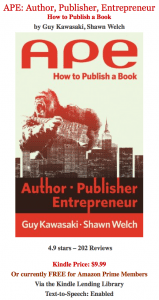
In today’s Publetariat Dispatch, Smashwords founder Mark Coker shares his NPR interview about the current and possible future state of commercial publishing.
(updated) I was interviewed today on NPR’s All Things Considered by the amazing Audie Cornish. We talked about how the rise of ebook self-publishing will transform publishing for the benefit of writers and readers.
I shared how when we launched Smashwords five years ago, self-publishing was seen as the option of last resort, and today it has becoming the option of first choice for many writers.
But what about publishers? Where do they fit in the future landscape? I expressed my view that in publishers’ attempt to acquire books that they think have the greatest commercial potential, they are excluding many of the potential breakout bestsellers. These authors will find their way to market via ebook self-publishing platforms, and once they learn they can do it better, faster, more profitably and more enjoyably on their own, it’ll be tougher and more expensive for publishers to win them back. For this reason, I said, “over the next few years, traditional publishers are going to become more and more irrelevant.”
At the end of the interview, they interview Michael Pietch, the current top Editor of Little Brown, and the incoming CEO of its parent company, big 6 publisher Hachette. He takes issue with my comment about the future relevancy of publishers. He says:
“I think Smashwords is an amazing opportunity for people who want to publish themselves. I love the diversity of the publication that is possible now, but I object strenuously to the notion that publishers are irrelevant because publishers are doing things now that are extraordinarily complex [and] exciting. The ways that publishers can work to connect readers with writers now are the kinds of things that publishers have dreamt of doing since Gutenberg first put down a line a type.“
It’s a cool comment, and I don’t disagree with him.
It’s tough to capture my complex thoughts about publishers in a five minute interview. I don’t want to see publishers suffer as the industry evolves over the next few years. I think the world is a better place with publishers, especially if publishers can do for authors what they can’t do for themselves.
Will publishers become irrelevant? No, I don’t think so, and I hope not. In the future I see, indie authors and publishers will co-exist and co-mingle along the publishing spectrum. Four years ago, here on the blog, I wrote a piece titled, Why Book Publishing is Like Venture Capital. It’s starts with a summary of how VCs aren’t as necessary for some Silicon Valley startups as they once were, and it ends with a word game you can play with your word processor. If you’re writer, the game is fun. If you’re a Big 6 publisher, not so much, because the transition will be difficult.
Publishers once controlled the printing press, the access to retail distribution, the knowledge of professional publishing, the access to professional editors, and the marketing capacity to give their books merchandising advantage in stores. These advantages are dissolving. The playing field is leveling, readers are propelling indie ebook authors to the top of the charts, and the field is tilting to the indie author’s advantage.
If you like interview above, please share it with your friends, embed it on your blog or on Facebook, and share your views about the future of publishing.
FEB 5 UPDATE: The next day on All Things Considered, Mr. Pietch shared his perspective on the future of publishing, and why he thinks publishers will remain relevant. It’s a great interview. I like that Hachette is putting a former editor in charge. Editors are the heart and soul of good publishers.
This is a reprint from the Smashwords blog.

